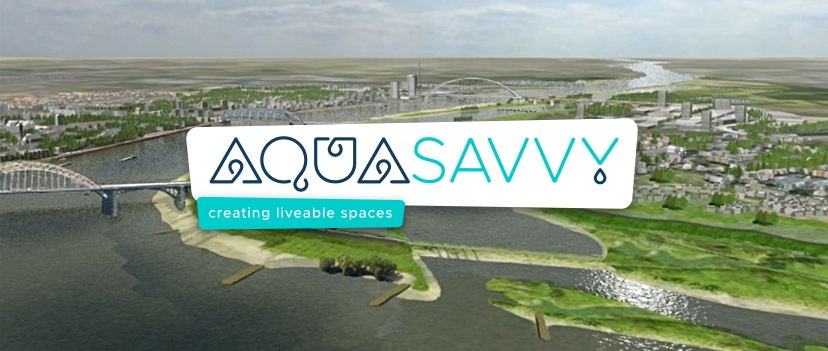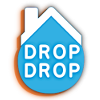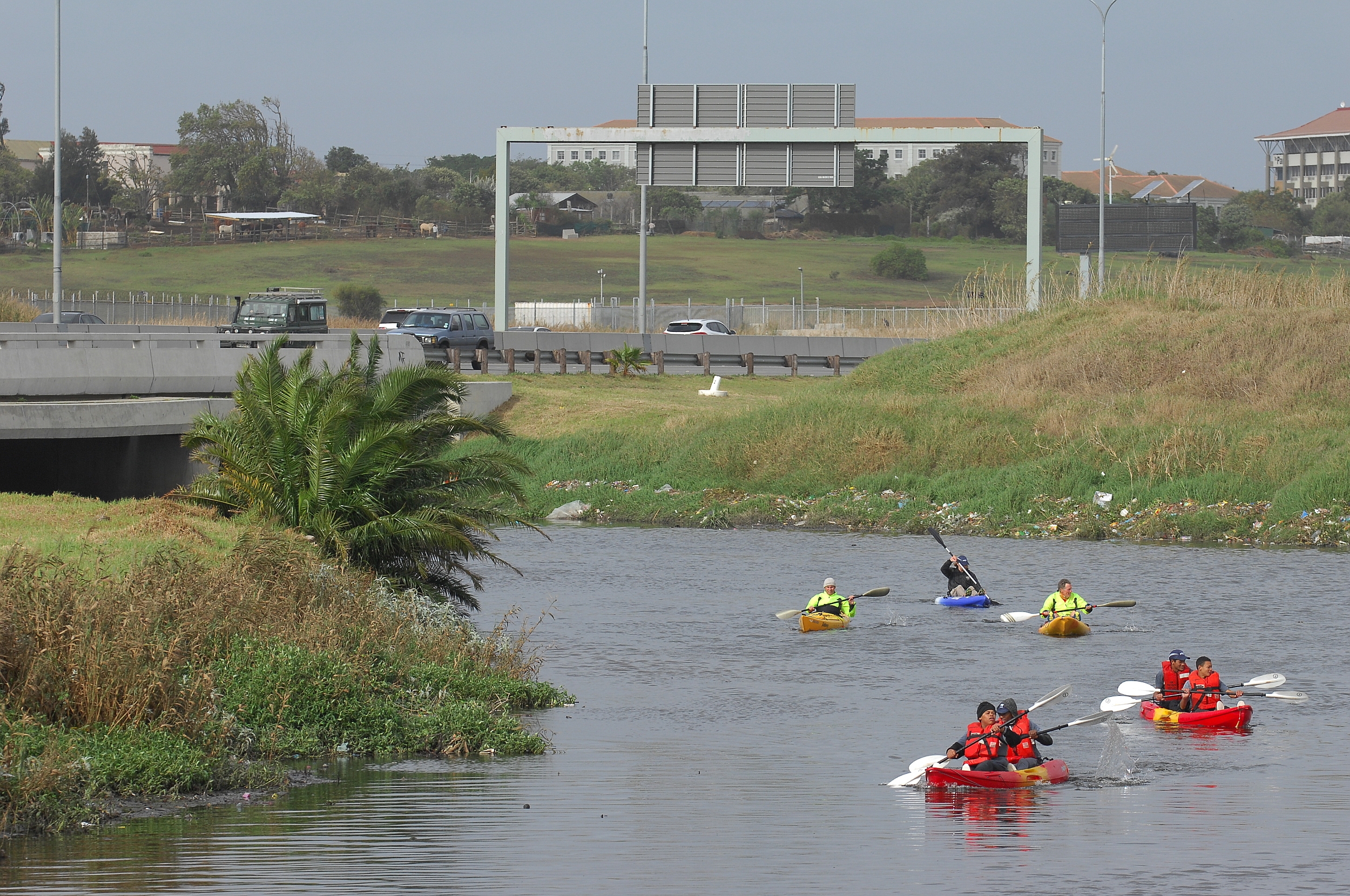Workshop series and toolkit design for the study:
Exploring Alliance Building and Knowledge Co-Creation across Water Justice Movements.
The project, in partnership with the University of Toronto, examines grassroots and intergenerational understandings of water justice in Cape Town, South Africa. Through a workshop series, participants from five different social movements—water justice, racial justice, urban land rights, women’s rights, and LGBTQ+ rights to discuss: conceptions of water justice; the role and value of water justice in lives and work; perspectives of linkages between water justice and other social justice issues and social movements; and apprehensions and aspirations for cross-movement water justice alliance building.
The Water Justice Toolkit 2024 was developed through this research, and contains resources, activities, and contacts aimed at supporting local actions towards water justice across social movements in Cape Town and beyond. The toolkit is available in both English and IsiXhosa.
This study was led by Principal Investigator Professor Carmen H. Logie at the University of Toronto’s Factor-Inwentash Faculty of Social Work (FIFSW), and SSHINE Lab; and coordinated by FIFSW Postdoctoral Research Fellow Dr. Sarah Van Borek. Local partner and co-applicant, Dr. Amber Abrams, Senior Research Officer at the University of Cape Town’s Future Water Institute, served as Co-Principal Investigator. Other contributors included Dr. Lesley Gittings (Western University, Canada), Dr. Lina Taing (United Nations University Institute for Water, Environment, and Health, Canada), and Dr. Amaya Perez-Brumer (University of Toronto’s Dalla Lana School of Public Health, Canada).
This project was funded by the Social Sciences and Humanities Research Council of Canada.
A number of workshops with local residents on topics ranging from sandbag construction, local plant biodiversity (at Edith Stephens Nature Reserve) and planned mural making activities have been taking place during the PAWS project as part of our research process.
Check back here for information on our various projects and updates on engagements.

Hosted by THE FUTURE WATER INSTITUTE, AquaSavvy is a campaign about Water Sensitivity aiming to inspire and guide individuals, groups, and corporates to become more water sensitive. A big part of doing this is translating academic research into everyday language, and to share examples (case studies), images, icons and step-by-step guides that help people to make decisions about water.

Developed by researchers at the iCOMMS group, in collaboration with THE FUTURE WATER INSTITUTE, the DropDrop App is a stand-alone app for Android devices that helps individuals track their water consumption. It allows users to track their daily water usage, and view their estimated monthly water bills, as well as access information about the water system, water conservation methods, and municipal contacts.
Read more on the iCOMMS website. Download the DropDrop App on the Android PlayStore or the Apple Appstore.
Read more about Gauteng SuDS Research.

The Peninsula Paddle is a fun yet gruelling 15km kayak journey from Muizenberg to Milnerton, that is used to draw attention to the state of Cape Town’s urban rivers. The Peninsula Paddle raises a critical message:
The health of a city is seen in its waterways.
Waterways are blue and green corridors that are the veins of the city connecting well-established suburbs to some of the poorest areas. We all share the waterways. What gets discarded and poured into stormwater drains will finds its way to the sea.
Over 100 paddlers take up the challenge each year. Along the way they get a close-up view of the city’s waterways, seeing first-hand the accumulated litter, aquatic weeds and contaminated water that regularly flows into the canals and lakes.
Anyone can participate in this annual event at no cost. All you need is a kayak (we can help you to organise one) and the guts to paddle from Muizenberg to Milnerton!
Read more here, and follow Peninsula Paddle on Twitter (@SAPenPaddle) and Facebook.
WATER AND YOU
An interactive exhibit and engagement space where we invite you to think about your relations with water, engage with sights, sounds and stories about water, and help us create a collaborative exhibition of watery experiences by sharing your own stories, images, and more.
Artists, musicians and scientists collaborated to create prompts, stations and engagements to help us engage and create in an exhibition space in the centre of Cape Town over a few days (30 Nov - 2 Dec) to build on our understandings, feelings and thoughts about water. Attendees were invited to join in all or any of the stations to add their stories, drawings, thoughts about relations with water or watery places. For more on this event, visit the event page and gallery.

If you would like to be part of more of these exhibits in the future, or if you want to bring a process like this into your school, organization or another space, please contact amber.abrams@uct.ac.za with subject line Water and You.
In June 2023 the University of Cape Town (UCT)'s Future Water research institute in partnership with the Factor-Inwentash Faculty of Social Work at the University of Toronto and supported by the Social Sciences and Humanities Research Council of Canada grant a colloquium called Confluency. The team aimed for an approach that provided presentation formats of conferences in the morning, and guided, supported workshops on arts based forms focusing on water justice with the aim of creating an art exhibit (with interactive components) out of the process. We aimed to bring together transdisciplinary and arts-based approaches towards more just water futures.
The exhibit we created through the process was showcased at UCT CAS gallery for two weeks before traveling to Makhanda for the National Arts Festival. After this, the exhibit traveled to Canada. We are currently writing grants to support installation in other parts of the world and explore the possibility of collaboration comparative research as Confluency 2.0. Visit the Exhibit and Confluency 2.0 page to learn more and contact us if you would be interested to host it.